Question And Answer
Publications
Articles, publications, books, tools and multimedia features from the U.S. Institute of Peace provide the latest news, analysis, research findings, practitioner guides and reports, all related to the conflict zones and issues that are at the center of the Institute’s work to prevent and reduce violent conflict.
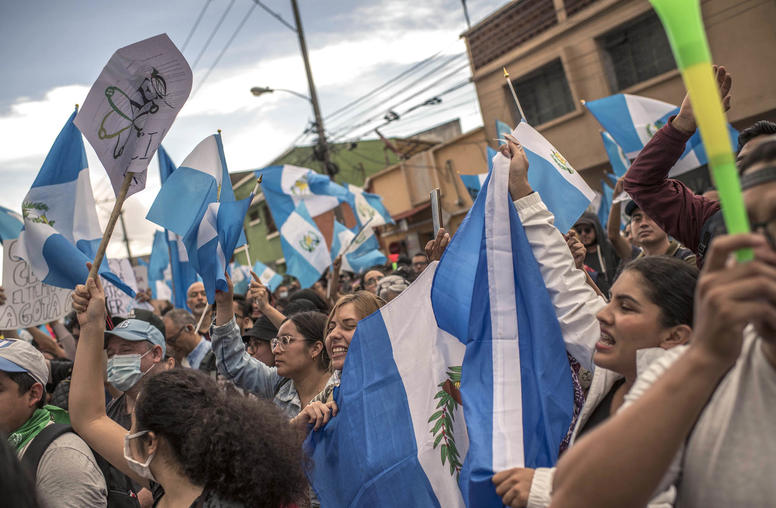
Youth Mobilization Sparks Hope for Guatemala’s Democratic Future
On August 20, Guatemalans voted decisively in favor of Bernardo Arévalo in their runoff presidential election, ushering in what will likely be the country’s most progressive president in decades. In just two months, Arévalo’s Movimiento Semilla party used its low-budget, social media-fueled campaign to propel him from obscure underdog candidate to a 20-point landslide victory.

La movilización juvenil genera esperanza para el futuro democrático de Guatemala
El 20 de agosto, los guatemaltecos votaron decisivamente a favor de Bernardo Arévalo en la segunda vuelta de las elecciones presidenciales, dando paso al que probablemente será el presidente más progresista del país en décadas. En apenas dos meses, el Partido Movimiento Semilla de Arévalo condujo una campaña de bajo presupuesto impulsada, desde las redes sociales, que llevó a un candidato poco conocido a una victoria aplastante de 20 puntos.
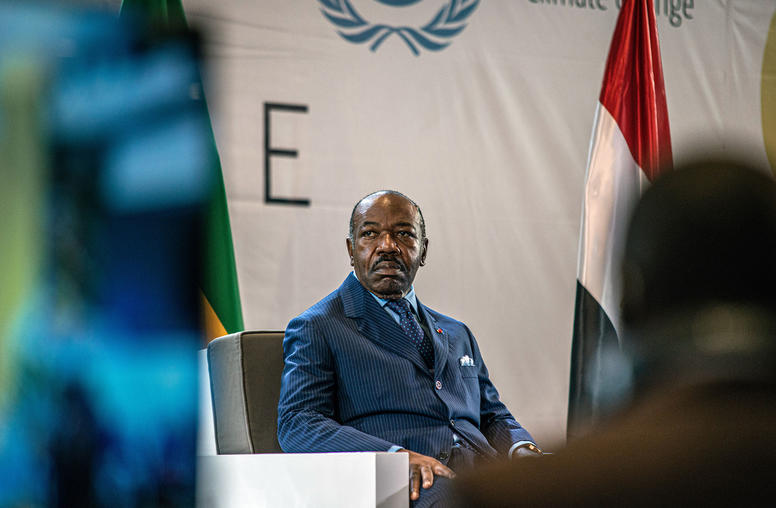
What to Know About Gabon’s Coup
On August 30, just hours after Gabon’s election commission announced that President Ali Bongo Ondimba had been elected to a third term, a group of Gabonese military officers from the elite presidential guard unit seized power and placed the president under arrest at his palace. Later that day, the officers declared General Brice Oligui Nguema as chairman of the transition. While the election itself had been marred by reports of irregularities, the officers’ coup marks the latest in a long line of recent military takeovers across the African continent that have jeopardized regional stability and security.
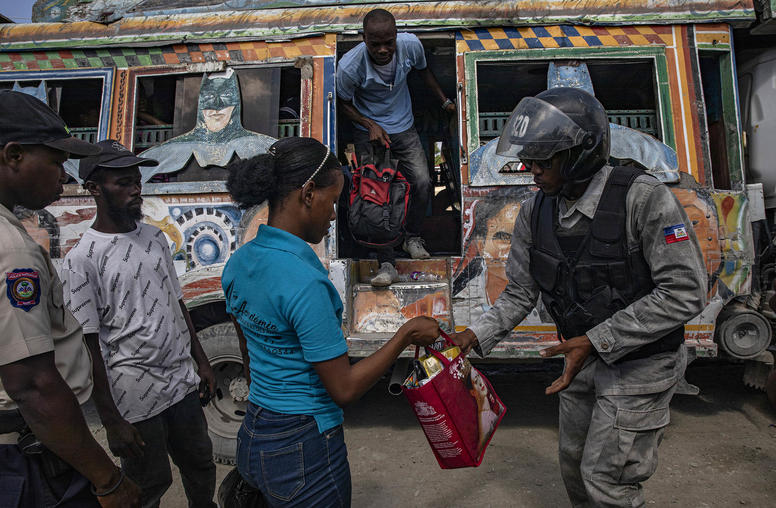
Haiti Needs a Political Dialogue Alongside the Multinational Security Mission
This week, the U.N. Security Council voted to send a multinational armed force to Haiti in the hopes of addressing the beleaguered Caribbean nation’s rampant gang violence and instability. While there is not yet an official timeline for its deployment, the Kenyan-led force will face a complex security environment — one that has been made all the more daunting by Haiti’s ongoing political turmoil. Whether the mission succeeds will hinge not only on the deployed force’s ability to quickly establish peace, but whether or not it can pave the way toward a meaningful and democratic government reset in the historically tumultuous country.
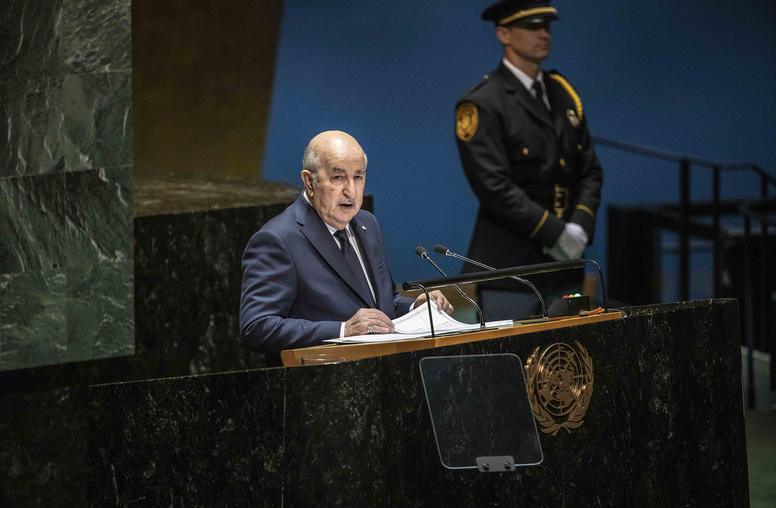
Can Algeria Help Niger Recover From Its Army Coup?
Democracies and democracy advocates should welcome this week’s tenuously hopeful sign in Algeria’s announcement that the 10-week-old military junta in Niger has accepted Algiers’ offer to mediate in a transition to civilian, constitutional rule. Still, Algeria’s government and the junta left unclear the extent of any agreement on mediation, notably disagreeing on a basic element: the duration of a transition process. Algeria can bring significant strengths to a mediating role. In stepping forward from what most often has been a cautious posture in the region, Algeria creates an opportunity that international partners should seek to strengthen.
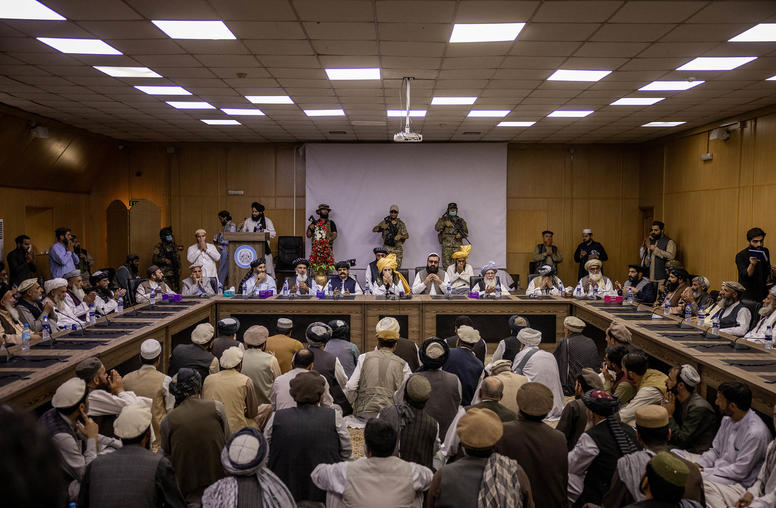
One Year Later: Taliban Reprise Repressive Rule, but Struggle to Build a State
When the Taliban swept into power last August, many expected they would reprise the draconian governance of their 1990s emirate. Despite pledges of moderation and reform from some Taliban factions, one year later those predictions have largely turned out to be prescient. The group has yet to establish a formal governance structure, with the interim cabinet appointed early in their tenure still intact. But the Taliban have swiftly reinstated many of their harshest policies, pushing women out of public life and brooking no dissent. USIP’s Andrew Watkins explains how the Taliban government functions, who’s really in charge and how the Taliban have dealt with challenges to their authority.
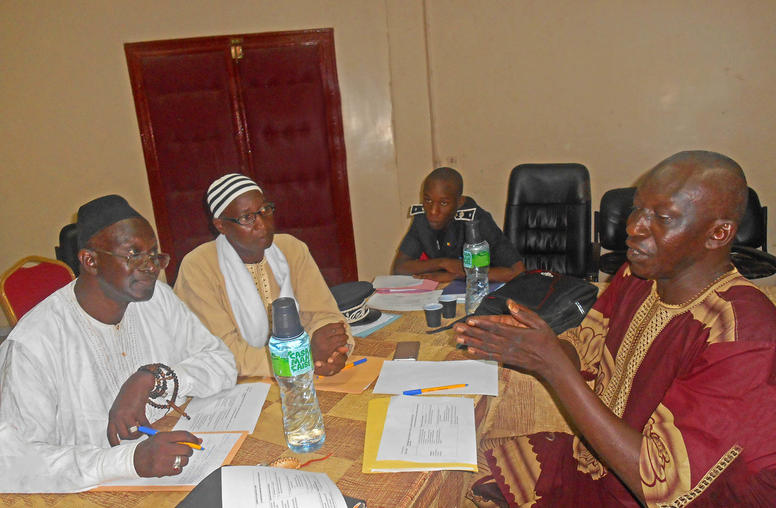
In Senegal’s War-Torn Casamance, a Dialogue Builds Stability
Senegal, one of West Africa’s most stable countries, is a key partner in countering extremism, military coups and other violence in the Sahel and in coastal states. Yet Senegal’s democracy and stability face challenges, notably the 40-year insurgency in the Casamance region. As Senegal attempts political and security reforms to build peace there, a community dialogue process in one Casamance town is helping improve security. Local dialogues—among communities, government officials and security forces—offer an efficient method for Senegal and its partners to heal conflict, bolster Senegal’s stability and counter West Africa’s slippage toward violence.
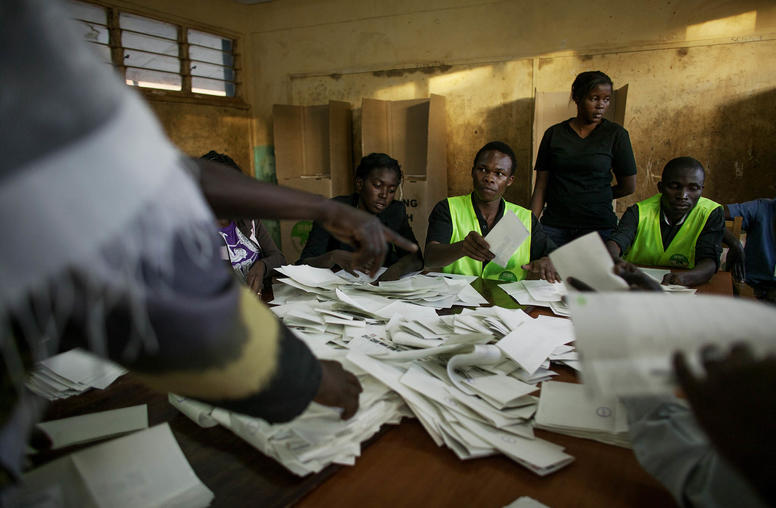
Three Early Lessons from Kenya’s Elections
On August 15, William Ruto was declared president-elect of Kenya, following a vote last week. His chief competitor, Raila Odinga, rejected the results and says he will go to court to seek their invalidation. So far, little evidence of electoral misconduct has been presented, with most observers suggesting the conduct of the polls improved compared to the last vote in 2017. As the country waits for the judicial process to unfold, here are three takeaways from this year’s Kenyan experience.
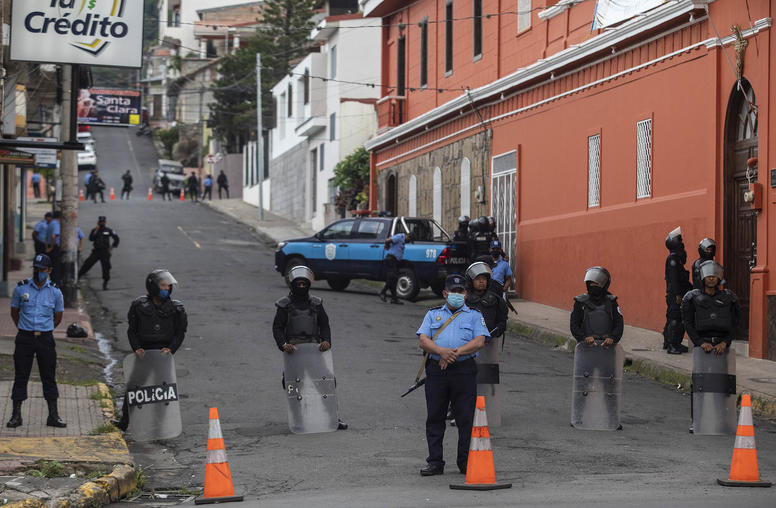
Will Other Central American Leaders Follow Nicaragua’s Authoritarian Lead?
The Nicaraguan government has intensified its confrontation with one of the country’s most popular and historically powerful institutions: the Catholic Church. Police raided the episcopal rectory in the northern city of Matagalpa on August 19, placing a bishop, five priests and two seminarians under arrest. In recent weeks, President Daniel Ortega has shut down seven Catholic radio stations, expelled missionaries and banned religious processions in an effort to silence dissent — even at the risk of alienating the country’s fervently Catholic population.

¿Seguirán otros líderes centroamericanos el liderazgo autoritario de Nicaragua?
El gobierno de Nicaragua ha intensificado su enfrentamiento con una de las instituciones de mayor arraigo e históricamente poderosas del país: la Iglesia Católica. La policía allanó la rectoría episcopal en la ciudad norteña de Matagalpa el 19 de agosto y arrestó a un obispo, cinco sacerdotes y dos seminaristas. En las últimas semanas, el presidente Daniel Ortega cerró siete estaciones de radio católicas, expulsó a misioneras y prohibió las procesiones religiosas en un esfuerzo por silenciar a la disidencia, incluso arriesgando contrariar a la fervientemente católica población del país.